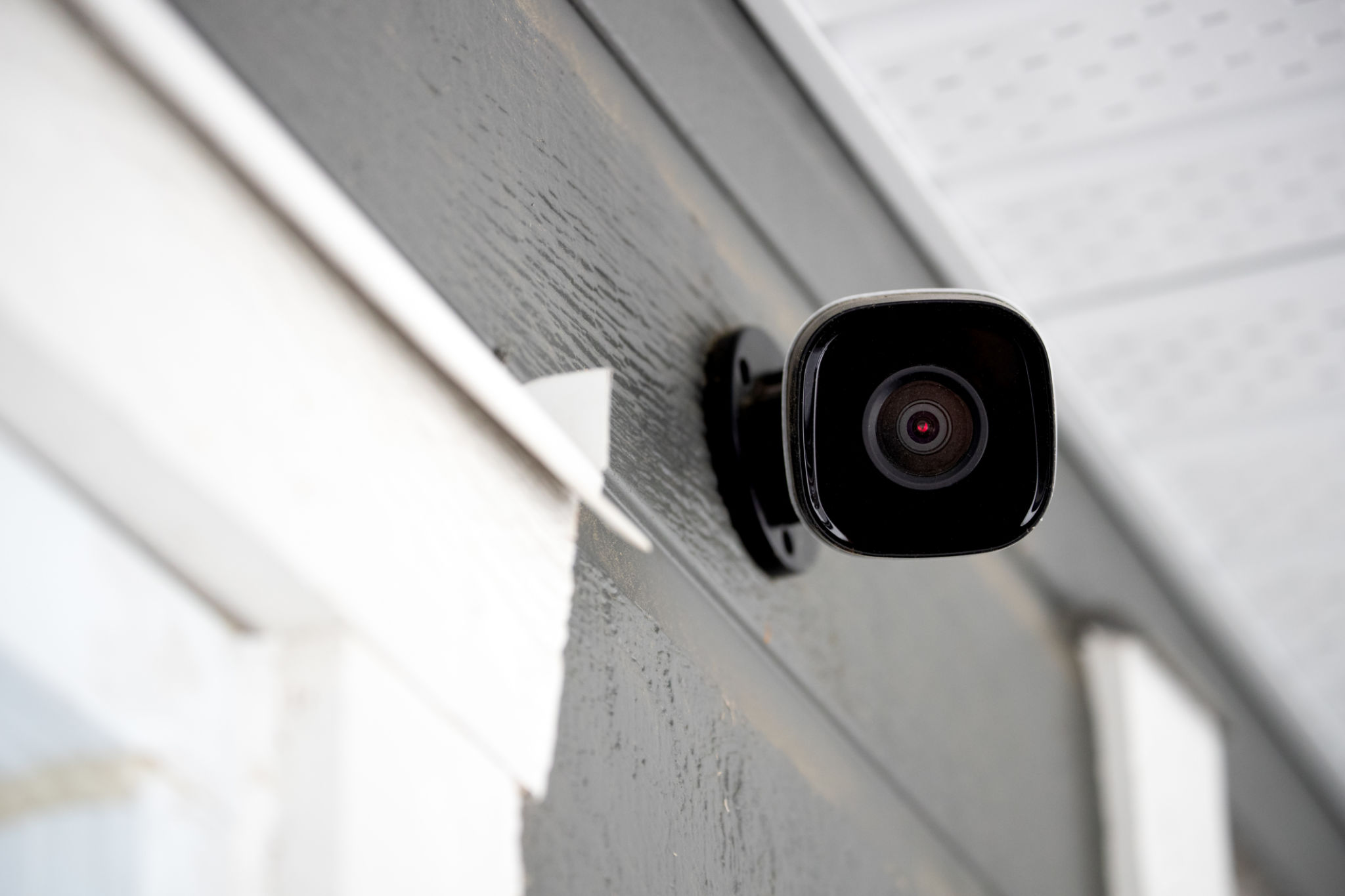Electric Innovations: Upcoming Trends in Home Automation Systems
Revolutionizing Home Living with Automation
As technology continues to advance at a rapid pace, the way we interact with our homes is undergoing a significant transformation. Home automation systems are becoming increasingly sophisticated, offering a seamless blend of convenience, security, and efficiency. This evolution is set to change the way we live, making our homes smarter and more responsive to our needs.

The Rise of Smart Devices
One of the most exciting trends in home automation is the proliferation of smart devices. From smart speakers that can control your entire home to intelligent thermostats that learn your preferences, these devices are designed to make your life easier. Many of these devices are now integrating with platforms like Alexa, Google Assistant, and Apple’s HomeKit, creating a cohesive ecosystem that can be managed with just your voice.
Smart lighting systems are also gaining popularity, allowing homeowners to adjust lighting according to their mood or schedule. These systems can be programmed to turn on or off at specific times or in response to certain triggers, enhancing both security and energy efficiency.
Enhanced Security Features
Security is a top priority for many homeowners, and modern home automation systems address this with advanced features. Smart locks, surveillance cameras, and alarm systems can be controlled remotely, providing real-time updates and alerts. Homeowners can monitor their property from anywhere in the world, ensuring peace of mind.

Biometric systems and facial recognition technologies are also being integrated into home security solutions. These systems offer an additional layer of protection by ensuring that only authorized individuals can access your home.
Energy Efficiency and Sustainability
With growing awareness about environmental impact, energy efficiency is becoming a crucial consideration in home automation. Automated energy management systems can optimize electricity usage by adjusting heating, cooling, and lighting based on occupancy and time of day. This not only reduces energy consumption but also helps lower utility bills.
Smart appliances are designed to operate more efficiently, utilizing resources in a manner that minimizes waste. For instance, smart washing machines can automatically determine the optimal water level and detergent amount for each load, conserving water and energy.

Integration and Interoperability
A major trend in home automation is the focus on integration and interoperability among various devices. Manufacturers are increasingly adopting open standards to ensure that different brands can work together seamlessly. This trend is crucial for creating a unified smart home experience where all devices communicate effectively.
Homeowners can now choose products from different manufacturers without worrying about compatibility issues. This flexibility allows for a more customized automation setup tailored to individual preferences and needs.
The Future of Home Automation
The future of home automation promises even greater innovations. With advancements in artificial intelligence and machine learning, automation systems will become more intuitive and predictive. They will be able to learn from user behavior patterns and adjust settings proactively, enhancing convenience and comfort.
Additionally, advancements in wireless technology and the Internet of Things (IoT) will further expand the capabilities of home automation systems, making them an integral part of everyday life.

In conclusion, the upcoming trends in home automation systems offer exciting possibilities for transforming our living spaces. As these technologies continue to evolve, they promise to make our homes smarter, safer, and more efficient than ever before.
